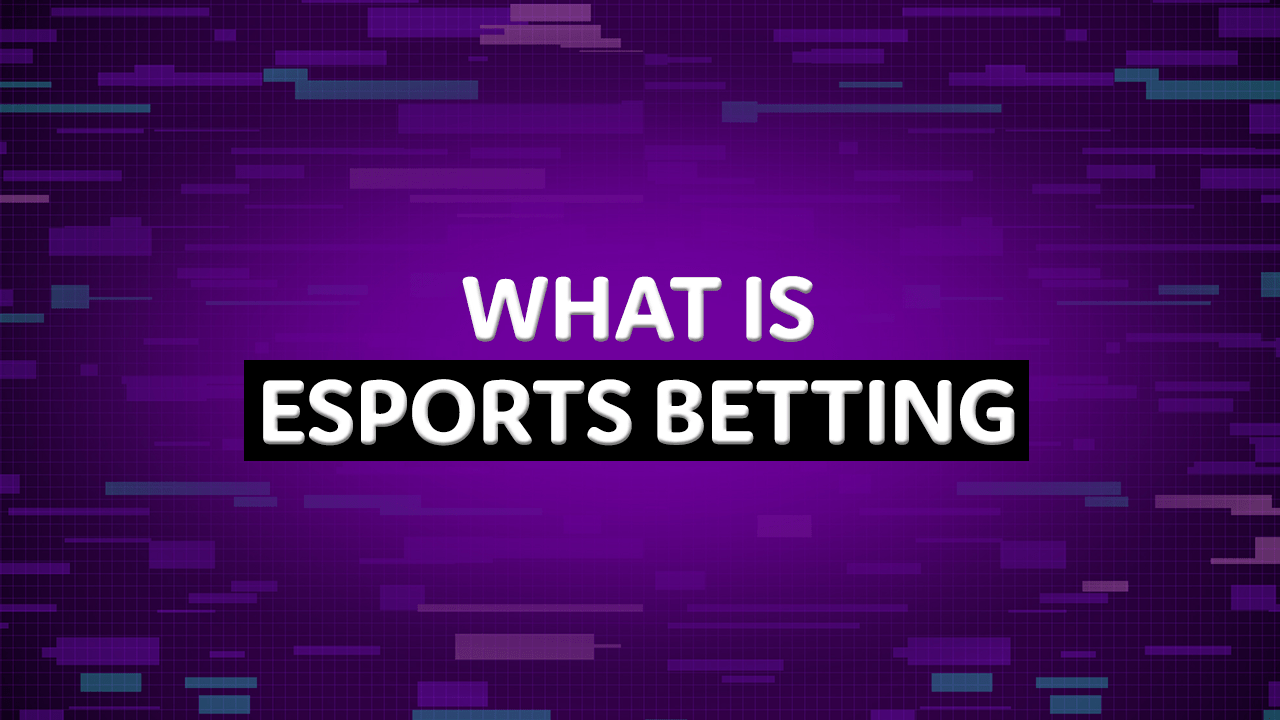A formal Esports Betting Market Competitive Analysis, using the structured framework of Porter's Five Forces, reveals a unique and challenging industry structure defined by intense rivalry, high barriers to entry in regulated markets, and significant power held by key suppliers, namely the game publishers and tournament organizers. Understanding these deep structural forces is essential for any company to formulate a sustainable and profitable strategy in this high-growth but complex market. The market's explosive growth potential is the primary factor that makes this a highly attractive and competitive space. The Esports Betting Market size is projected to grow USD 33 Billion by 2032, exhibiting a CAGR of 14.30% during the forecast period 2025-2032. A structural analysis shows that while the opportunity is immense, long-term success is dependent on a company's ability to achieve scale, build a trusted brand, and navigate the powerful forces that shape the industry's profitability.
The rivalry among existing competitors is hyper-intense. The market is a battleground between the large, established traditional sportsbooks (like Bet365) and the specialized, esports-native platforms (like GG.BET). In newly regulated markets, this rivalry manifests as a massive marketing and promotional "arms race" to acquire customers, which drives up costs and suppresses short-term profitability. The threat of new entrants is mixed. The technical barrier to creating a basic betting website is relatively low, leading to a constant stream of new, often unregulated, entrants. However, the barrier to entry to compete as a licensed, at-scale operator in a major regulated market is very high. It requires immense capital for licensing fees, marketing, and technology, effectively protecting the position of the well-funded incumbents. This creates a market with a highly competitive top tier and a chaotic long tail.
The other forces in the model highlight the market's unique power dynamics. The bargaining power of suppliers is very high and is a key feature of the industry. The primary "suppliers" are the game publishers (like Riot Games and Valve) who own the intellectual property of the esports titles, and the major tournament organizers (like ESL). These entities control the content itself. They have significant power to decide which betting operators they will partner with, and they can demand high fees for access to their "official data" feeds, which are critical for in-play betting. The bargaining power of buyers (the bettors) is also very high. With numerous competing platforms offering generous sign-up bonuses, bettors can easily switch between sites to get the best odds and promotions, leading to low customer loyalty, especially in the early stages. Finally, the threat of substitute products or services is high. The primary substitute for regulated esports betting is the large and easily accessible unregulated or "grey" market, which can often offer better odds. Another substitute is simply other forms of entertainment, from playing the games themselves to watching streams, which are all competing for the same user's time and attention.
Top Trending Reports -
Canada Photogrammetry Software Market
 Free IL
Free IL


